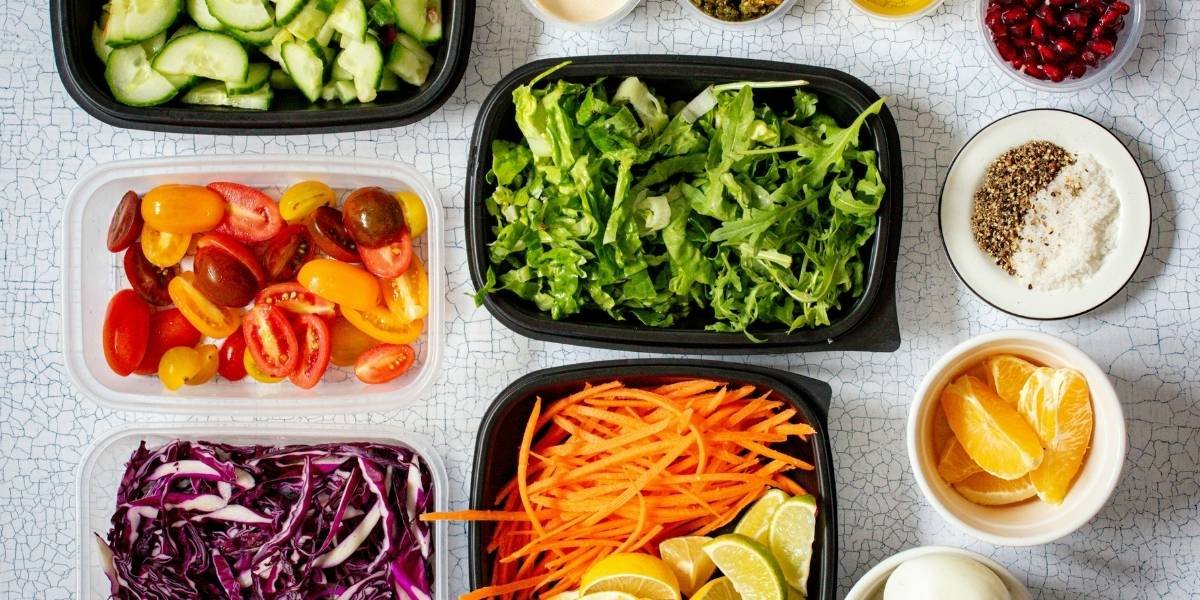Meal prepping has surged in popularity over the past decade, becoming a staple strategy for health-conscious individuals, busy professionals, and budget-savvy households alike. From fitness influencers to working parents, more people are turning to this method to streamline their routines and take control of their nutrition. But is it really worth the effort? If you’ve ever wondered whether meal prepping fits your lifestyle, this guide will help you weigh the benefits, challenges, and practical tips to make an informed decision.
What Is Meal Prepping?
At its core, meal prepping is the act of preparing meals or meal components ahead of time. This can take many forms depending on your schedule, cooking style, and dietary needs. For some, it means cooking full meals on a Sunday and storing them in containers for the week. For others, it’s about chopping vegetables, marinating proteins, or portioning ingredients so that cooking during the week is faster and easier.
Meal prepping doesn’t have to be rigid or overly structured. It can be as simple as making a batch of quinoa and roasted vegetables to mix and match with different proteins, or as elaborate as planning a full menu with breakfast, lunch, dinner, and snacks. The goal is to reduce daily decision fatigue, save time, and make healthier choices more accessible.
Whether you’re prepping for one or feeding a family, the flexibility of meal prepping allows you to tailor it to your lifestyle. It’s not about perfection—it’s about creating a system that supports your goals and makes mealtime less stressful.
Time Management
One of the most compelling reasons people turn to meal prepping is the time it saves during the week. Instead of scrambling to cook every night or resorting to takeout, you’ll have meals ready to go. This is especially valuable for those with demanding schedules—students balancing classes, professionals juggling meetings, or parents managing household chaos.
Imagine coming home after a long day and having a nutritious meal waiting in the fridge. No chopping, no cooking, no cleanup—just heat and eat. That kind of convenience can be a game-changer for your routine and mental bandwidth.
Healthier Eating Habits
Meal prepping naturally encourages better nutrition. When you plan your meals in advance, you’re more likely to include balanced portions of protein, vegetables, and whole grains. You’re also less likely to reach for processed snacks or fast food when a wholesome option is already prepared.
Portion control becomes easier too. Instead of guessing how much rice or pasta you’re scooping onto your plate, you’ve already measured it out. This can be especially helpful if you’re tracking calories, managing blood sugar, or following a specific diet plan.
Plus, prepping meals gives you control over ingredients. You can reduce sodium, avoid allergens, and experiment with nutrient-dense recipes that support your health goals.
Budget-Friendly Planning
Meal prepping is a powerful tool for financial management. By planning your meals, you can create a focused grocery list and avoid impulse purchases. You’ll buy only what you need, which reduces food waste and saves money over time.
Cooking in bulk also tends to be more cost-effective. Buying ingredients like grains, legumes, and proteins in larger quantities often comes with discounts. And when you’re not spending on daily takeout or convenience foods, the savings add up quickly.
For families or individuals on tight budgets, meal prepping can be a strategic way to stretch resources while still enjoying nutritious, satisfying meals.
Time Commitment Upfront
While meal prepping saves time during the week, it does require a significant upfront investment. Spending two to three hours in the kitchen on a weekend might feel daunting, especially if you’re not used to batch cooking or planning meals in advance.
This initial hurdle can discourage beginners, but it’s important to remember that the process gets easier with practice. Once you develop a rhythm—choosing recipes, shopping efficiently, and organizing your prep—it becomes a manageable routine.
Repetition and Food Fatigue

Another common challenge is monotony. Eating the same meal multiple times can get boring, and not everyone enjoys reheated food. If variety is important to you, meal prepping might require extra creativity.
One solution is to prep versatile components rather than full meals. For example, roast a batch of vegetables, cook a grain, and prepare a few proteins. Then mix and match throughout the week with different sauces or seasonings to keep things fresh.
You can also rotate recipes weekly or prep smaller batches to allow for midweek cooking. The key is to find a balance between convenience and variety that suits your palate.
Storage and Equipment
Not everyone has the fridge or freezer space to store a week’s worth of meals. Proper storage is essential to keep food fresh and safe, and investing in quality containers can make a big difference.
Glass containers with airtight lids are ideal for preserving flavor and preventing leaks. Labeling meals with dates helps track freshness, and organizing your fridge by meal type can streamline access.
Some foods don’t store well—like salads with dressing or crispy textures—so learning which ingredients hold up over time is part of the process. Trial and error will help you refine your prep strategy.
Is Meal Prepping Right for You?
Meal prepping isn’t a one-size-fits-all solution. Whether it works for you depends on your lifestyle, goals, and preferences. If you value convenience, want to eat healthier, or need to manage a tight budget, meal prepping could be a transformative habit.
On the other hand, if you enjoy cooking fresh meals daily or find the idea of batch cooking overwhelming, you might prefer a more flexible approach. That’s perfectly valid—there are many ways to stay organized without committing to full-scale meal prep.
You might opt for partial prepping, like chopping ingredients or marinating proteins ahead of time. Or you could prep just lunches for work and cook dinners fresh. The beauty of meal prepping is its adaptability.
Tips for Getting Started
If you’re curious about trying meal prepping, start small. Choose one or two meals to prep—like weekday lunches or dinners—and build from there. Focus on recipes you already enjoy and that store well.
Create a simple meal plan and grocery list. Stick to familiar ingredients at first, and gradually introduce new ones as you gain confidence. Batch cooking staples like rice, roasted vegetables, grilled chicken, or lentil stew can serve as a foundation for multiple meals.
Invest in good containers, label everything clearly, and set aside a consistent time each week for prep. Sunday afternoons or weekday evenings can work well depending on your schedule.
And most importantly, be flexible. If a recipe doesn’t reheat well or you get bored, switch it up. Meal prepping is a tool—not a rule—and it should serve your lifestyle, not restrict it.
Final Thoughts
Meal prepping offers a range of benefits—from saving time and money to improving nutrition and reducing stress. But it also comes with challenges that require planning, creativity, and a bit of trial and error. Whether you’re a seasoned prepper or just exploring the idea, the key is to find a rhythm that works for you.
You don’t have to prep every meal or follow a rigid system. Even small steps—like prepping breakfast smoothies or packing lunch the night before—can make a big impact. The goal is to make mealtime easier, more intentional, and aligned with your personal goals.
So, is meal prepping worth it? For many, the answer is a resounding yes. But ultimately, it’s about crafting a routine that supports your health, your schedule, and your peace of mind.







